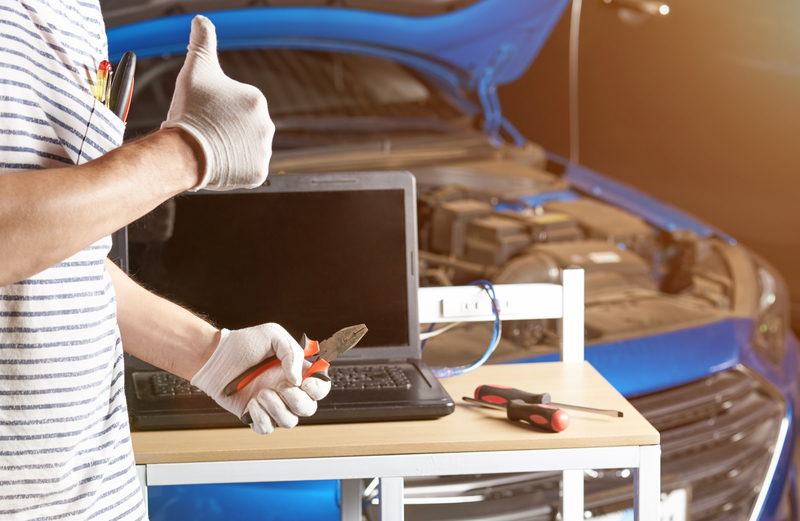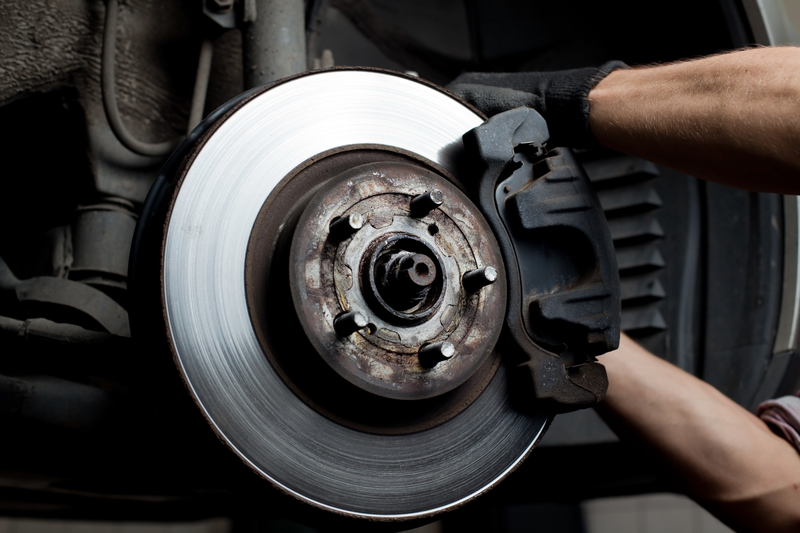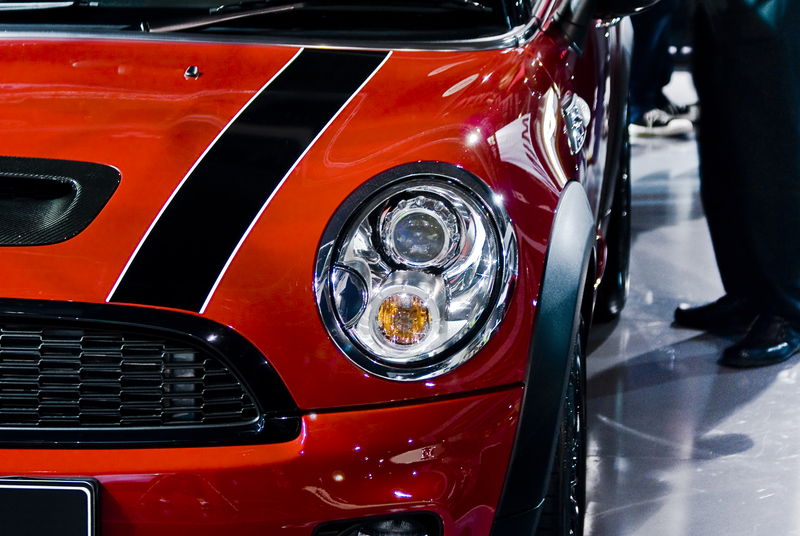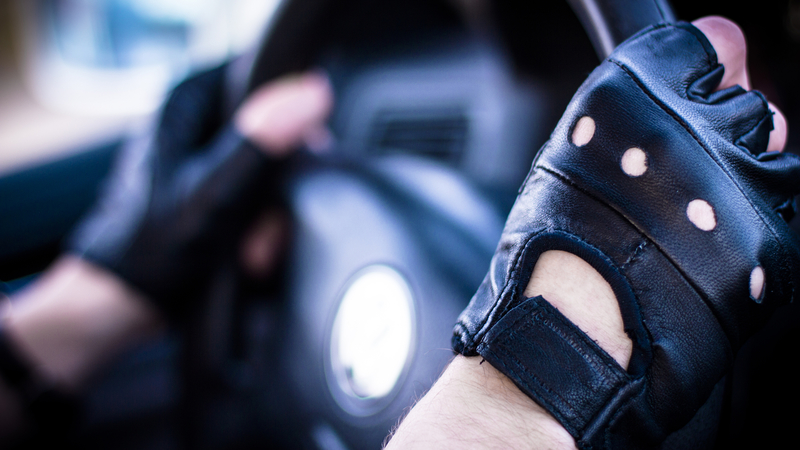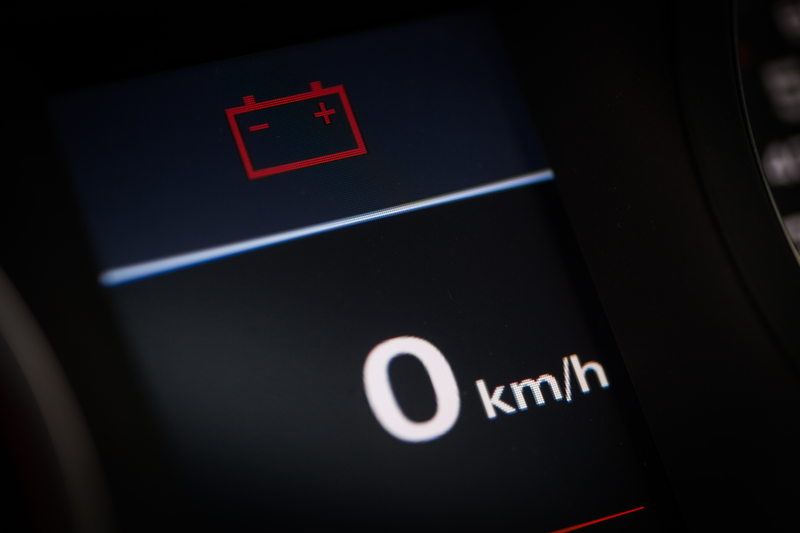Alberta has a fast-growing population, thanks in part to a steady flow of new residents from outside the province. One thing that many new Albertans will bring with them is their vehicles. Now that Motorwerkes offers out of province vehicle inspections, let’s look at what this entails.
Vehicle Registration Law
The process of becoming an Alberta resident involves many ins and outs, and your vehicle is one aspect of settling in the province that is important to bear in mind. Any car originating from outside the province will need to be registered so that you can get an Alberta license plate, and this registration typically requires a specific inspection. There are a few exemptions for this, including brand new vehicles with an Alberta-based insurance policy and all the right paperwork. However, if your vehicle is used and you did not acquire it in Alberta, you’ll need to have it looked at and approved so that you can complete the registration process.
Getting Approved
Let’s say that you’ve brought your beloved BMW with you during your move to Alberta, you went outside the province to purchase one, or you’ve restored a classic model that was not previously Alberta-registered. The registration inspection will need to take place to ascertain a few things regarding its condition and functionality. It will be a complete examination of just about every element you can think of, from the engine to the electrical system and beyond. Structural fitness, accordance with safety standards, and many other factors will determine whether or not your BMW is ready and suitable for registration.
Who’s Doing Your Inspection?
Out of province vehicle inspection isn’t provided by the provincial government, but instead carried out by private technicians licensed by Alberta’s Vehicle Inspection Program. Who you choose for your BMW’s inspection is an important decision. You don’t want to sit around all day while it gets done, you don’t want to pay an outrageous price, and you don’t want to leave such an important procedure to someone who isn’t thorough or familiar with your model. This is why OOP inspection of a BMW should be carried out by an experienced BMW-certified technician. You and your BMW deserve nothing less!
Whether you’ve chosen Calgary or the surrounding area as your new home or you’ve purchased a used vehicle outside the province, Motorwerkes will be happy to welcome you or your BMW to Alberta with a top-notch inspection. Give us a call at (403) 453-0269 to find out more today!

